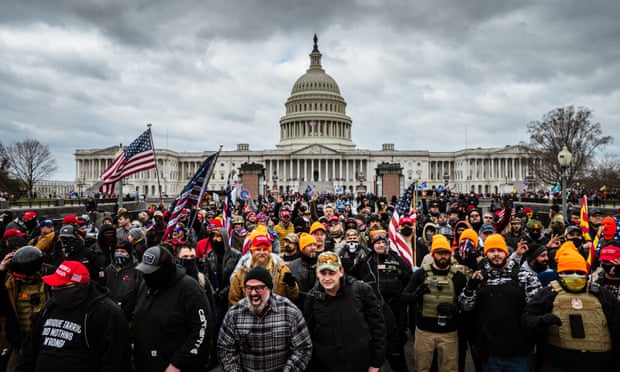How the West Lost Russia
(Israel) on 28 December 2021
by Eldad Beck (link to original)
One still remembers a speech delivered on Sept. 11, 1990 (a day that would acquire symbolic, tragic meaning 11 years later), during the initial stages of the Soviet Union’s disintegration, when President George H.W. Bush pledged “a new world order” with what seemed to be the ending of the Cold War. And with it, the creation of a false sense of victory by the democratic and capitalist West, led by the United States.
Today, we stand before the shattering of the dream. The world has sunk into absolute disorder; the democratic idea has been shaken and threatened; and capitalism is being challenged by groundbreaking social and political protest movements, working to produce an anti-capitalist revolution that encompasses the world. “The knights of environmental quality” are part of this phenomenon. Thirty years after the breakup of the Soviet Union, it appears that the West is ultimately losing to the East, and has failed in its promise to lead the world down its path.
It is sufficient to look at the situation today in those three countries that dismantled the Soviet Union at the beginning of December 1991: Ukraine, Belarus and Russia. Ukraine, which relinquished its nuclear weapons arsenal in exchange for a guarantee by the West and Russia that nothing bad would happen to it, has become a failed state, collapsing totally, with Russia having occupied parts of it and threatening to invade it again at any moment — a country on hold. Belarus is a dark dictatorship, which also tried to flood Europe with Middle Eastern “refugees” in order to extract from the Europeans a non-intervention policy in Belarusian internal affairs and the lifting of sanctions. Were it not for Poland’s strong stand against Belarusian manipulation, Europe would today be standing before a new refugee crisis and would be forced to capitulate. The one suspected of orchestrating this situation on the Belarus border is Russia’s undisturbed leader, Vladimir Putin, who has not stopped meddling in the affairs of neighboring countries — parts of the former Soviet Union — and is trying to bring the European Union to its knees by any means possible. The Cold War has been revived for years now throughout the world and is quite hot in this sector.
Was the perpetuation of Russia as the enemy of the West inevitable? No. This could have been prevented if the West had behaved with decency toward Russia during its difficult hour, when it was transformed from a global empire to a collapsing state on the edge of anarchy. The West could have extended a hand to Moscow and offered it a partnership among equals by building a democracy, an economy and a society. But the West chose to trample Russia, to force its interests and values on it and to push it toward acting in self-defense. This humiliating treatment is the basis of the renewed conflict today.
The turning point in the relationship with Russia could have been used positively by dealing jointly with radical Islam. Twenty years ago, the West and Russia dealt with the same threats from Islamists. But the West, in its arrogance, saw no room for cooperation with a country that did not respect its values. Meanwhile, Putin succeeded in his extremist and effective strategy to reduce the dimensions of the problem for his country, while the West, led by the United States, appears to be folding before it.
Russia is constantly being accused of undermining the internal affairs of Western democracies, undermining stability in areas of conflict, of espionage and inciting unrest. It is enough to make you want to point the mirror at the West in order to see the picture through Russian eyes. While Putin has successfully stabilized his country over the past two decades — reestablishing its economy to some extent and restoring it to a position of influence in the international arena — the West, led by the United States, is suffering from symptoms of collapse.
In addition, the current position of the Democratic Party in the United States, with its “progressive” threads running from Bernie Sanders to Alexandria Ocasio-Cortez, raises a serious question: Did the Soviet Union lose the Cold War, or did it win?


